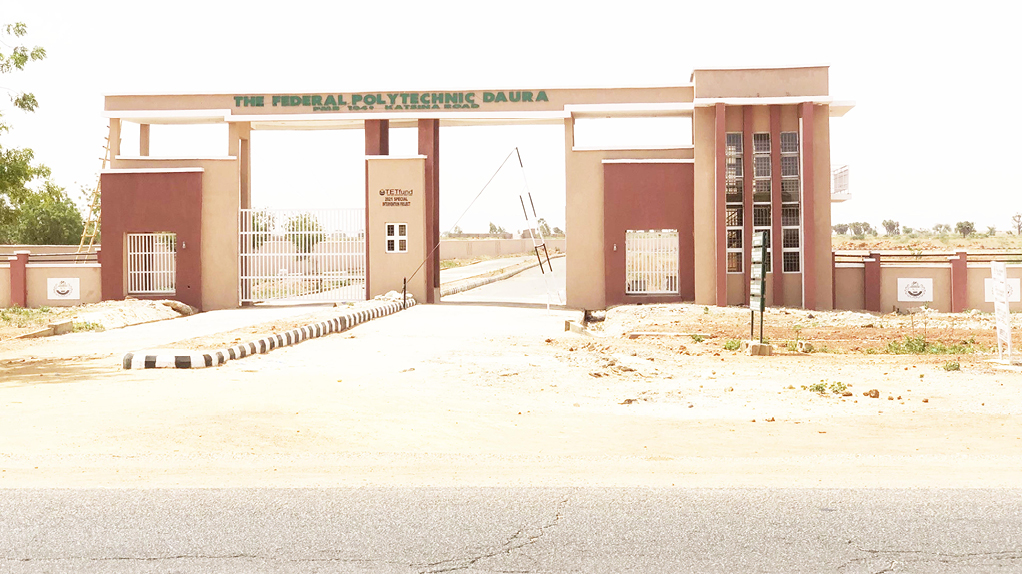THE GUARDIAN
As President Bola Ahmed Tinubu settles down to work, alongside the newly inaugurated and other governors in the South East geo-political zone, all eyes are on them to see how they would join forces to end the restiveness in the region that has ensured that offices, businesses and schools are closed every Monday, amid killings and destructions, to the detriment of residents, writes LAWRENCE NJOKU, Southeast Bureau Chief
The quest for the restoration of the Biafra republic has become almost a singsong for young people of Igbo extraction. Although it has created pains, claimed lives and property, and continues to impact negatively on the economy of the region, its proponents insist on the feasibility of the project.
Even with the onslaught by security officials from time to time against the promoters of the project, Biafra enthusiasts, who include young men and the elderly, openly give passionate lectures about the realisation of the project.
Their optimism and near implicit confidence often covers all eventualities, including the prospect of war, telling you how ready and equipped they are for just that. They will also tell you how the Federal Government has been dragged to an international court over the case of the detained leader of the Indigenous People of Biafra (IPOB), Nnamdi Kanu, and how he would soon be released.
Now that President Bola Tinubu has been sworn in, against their expectations, the lectures have changed to an ongoing dialogue to ensure Kanu is freed as part of the agreement reached for Tinubu to be sworn in as president. Daily, there is increasing optimism among them that the realisation of the project is nearer now than before.
Since the declaration of republic of Biafra by the late Dim Odumegwu Ojukwu that led to the civil war fought between 1967and 1970, struggle for the restoration of Biafra has continued to feature in various discussions in the Southeast. To underline the need for the restoration, Chief Ralph Uwazuruike had teamed up with others to form the Movement for the Actualisation of Sovereign State of Biafra (MASSOB), stressing that it would help to galvanise the support and required pressure expected to move government into carving out the republic.
Allegations of corrupt enrichment and abandonment of the objectives of the struggle against Uwazuruike led to the emergence of other splinter groups. While the Biafra Zionist Movement (BZM) was formed and led by Benjamin Onwuka, others left behind in MASSOB drove Uwazuruike away and pronounced Uchenna Madu as their new leader.
Not satisfied with developments in MASSOB, Nnamdi Kanu and others regrouped and set up the IPOB, with the pledge to focus on the realisation of Biafra as the nucleus of the group.
The emergence of this group changed the pattern of the struggle. Soon, orders and counter orders were being dished out to hapless residents against the activities and programmes of government, which they were expected to comply with. While the orders and counter orders were being issued, the IPOB moved a step further to set up its security arm, the Eastern Security Network (ESN), which it allegedly armed to provide security in the region.
The group had stated that the ESN was borne out of the refusal of the governors in the region to create a local security outfit that could check infiltrations, attacks and killings by marauding herdsmen.
Apparently viewing the action of the group as a direct attack, the Federal Government had gone to court to secure an order proclaiming the group as a “terrorist organisation” and urging its members to drop their agitations or face the consequences.
Matters got to a dangerous dimension when Kanu’s residence at Afara Ukwu, Umuahia, Abia State, was invaded by soldiers, who in a failed attempt to arrest him, destroyed several property at the place. Kanu had luckily escaped, but his arrest in 2021 in Kenya and extradition to Nigeria to continue to answer to his alleged criminal deeds added fresh dimension to the struggle.
A statement released a few days after his arrest by the Media and Publicity Secretary of the IPOB, Emma Powerful, had declared total shutdown every Monday in the region as well as any other day Kanu would appear in court “until he is unconditionally released.”
Leaders of the region, who felt that the order might choke the economy and the wellbeing of the people, had appealed for its review. Indeed, those who issued the directive promptly reviewed it, asking the people to continue with their normal businesses on Mondays but insisted that they must observe a sit-at-home any day Kanu would appear in court as a mark of solidarity.
However, the directive did not go down well with the splinter members of the IPOB led by Simeon Ekpa, who insisted that the Monday sit-at-home remains in force as long as Kanu remains in detention. Ekpa, it could be recalled, had broken away from the Kanu group after he was allegedly relieved of his directorship role at Radio Biafra. His group has continued to issue contrary orders in the zone and declare sit-at-home at will in the region. At each occasion, they threaten to deal with anyone found to violate the directive.
To buttress its seriousness about the directive, armed members of the group were mobilised to enforce it. Several innocent residents were either felled by bullets fired by these men, tortured or had their property destroyed as the group seeks to ensure total compliance with the directive.
With the level of fear they have instilled in the people and the volume of blood that had been shed on Mondays, no one dares to do business early enough on Mondays these days, even though the Kanu group has continued to announce that the exercise has been cancelled. Thus, economic and social activities have remained low every Monday in the Southeast region and any other day splinter agitation groups declare as sit-at-home in the region.
As it is, there are weeks that schools, markets, banks and offices open for just twice or three times in the zone against what is obtainable in other parts of the country. The way the situation is, it may not be out of place to declare the zone as one with parallel governments and hapless residents appear to have accepted the situation as part of their sacrifice for the restoration of Biafra republic.
Intervention Efforts
Part of the efforts by some of the immediate past governments in the region to stop the Monday sit-at-home included halting salaries of civil servants who did not come to work, sack and taking over businesses of individuals who refused to open on Monday. While the tactic worked partially in Ebonyi State, it failed in Imo, Anambra, Abia and Enugu states. In Enugu, the government continued to issue circulars directing workers to report to duties on Mondays, but beat a retreat when it noticed that banks, transporters and markets do not open for businesses.
READ THE FULL STORY IN THE GUARDIAN



Connect with us on our socials: